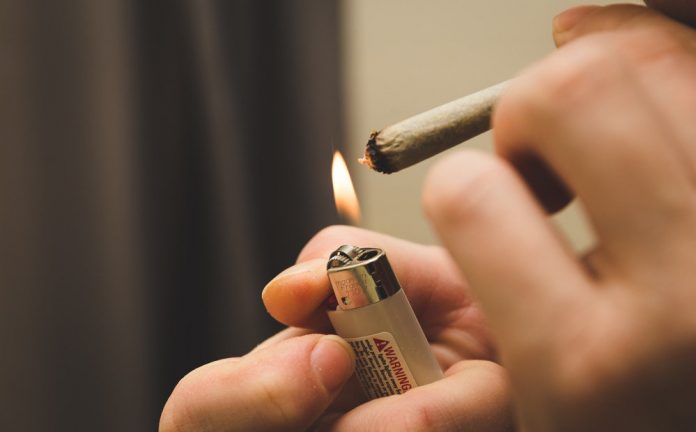As more states legalize medicinal and recreational cannabis use, more Americans are using weed, according to a report published in the Annals of Internal Medicine.
The report notes one in seven Americans used cannabis in 2017. Smoking was the most common form of ingestion; however, those living in states with some form of legal cannabis were most likely to use alternatives to smoking such as vaping or edibles.
The study found 14.6 percent of respondents used cannabis in the past year and 8.7 percent reported using within the past 30 days. Legalization does seem to have a direct impact on usage. Approximately 20 percent of respondents living in states where recreational cannabis is legal reported using cannabis in the past year. In states where just medicinal use is legal, 14 percent said they used the drug. In states where cannabis is totally illegal, only 12 percent claimed to have used it.
Young people between the ages of 18-35 reported the highest rate of cannabis use. Although smoking cannabis is becoming less popular, it is still the most popular form of ingestion. Overall, 12.9 percent of Americans smoked cannabis in the past year. Six percent consumed cannabis edibles while 4.7 percent used a vaporizer. Only 1.9 percent used concentrates and .8 percent reported using cannabis topicals.
Study co-author Dr. Salomeh Keyhani of the University of California, San Francisco, is concerned about the lack of research into some of the newer forms of cannabis ingestion.
“There are increasingly novel forms of marijuana available and the risks of these products to health are unknown,” Keyhani told Reuters. “THC (the psychoactive component) is very high in some forms of marijuana, the concentrates, for example. We don’t understand the impact of products with high THC.”
Dr. Michael Lynch, medical director of the Pittsburgh Poison Center of the University of Pittsburgh Medical Center is also concerned about products that include a high concentration of THC.
“When it’s more concentrated or more highly potent, you see side effects like agitation,” Dr. Lynch said.
Dr. Lynch was optimistic about how some states are approaching legalization.
“In states like Pennsylvania, where medical marijuana is legal, it’s tightly regulated in terms of concentrations,” he said. “So what’s on the label ought to be correct.”











